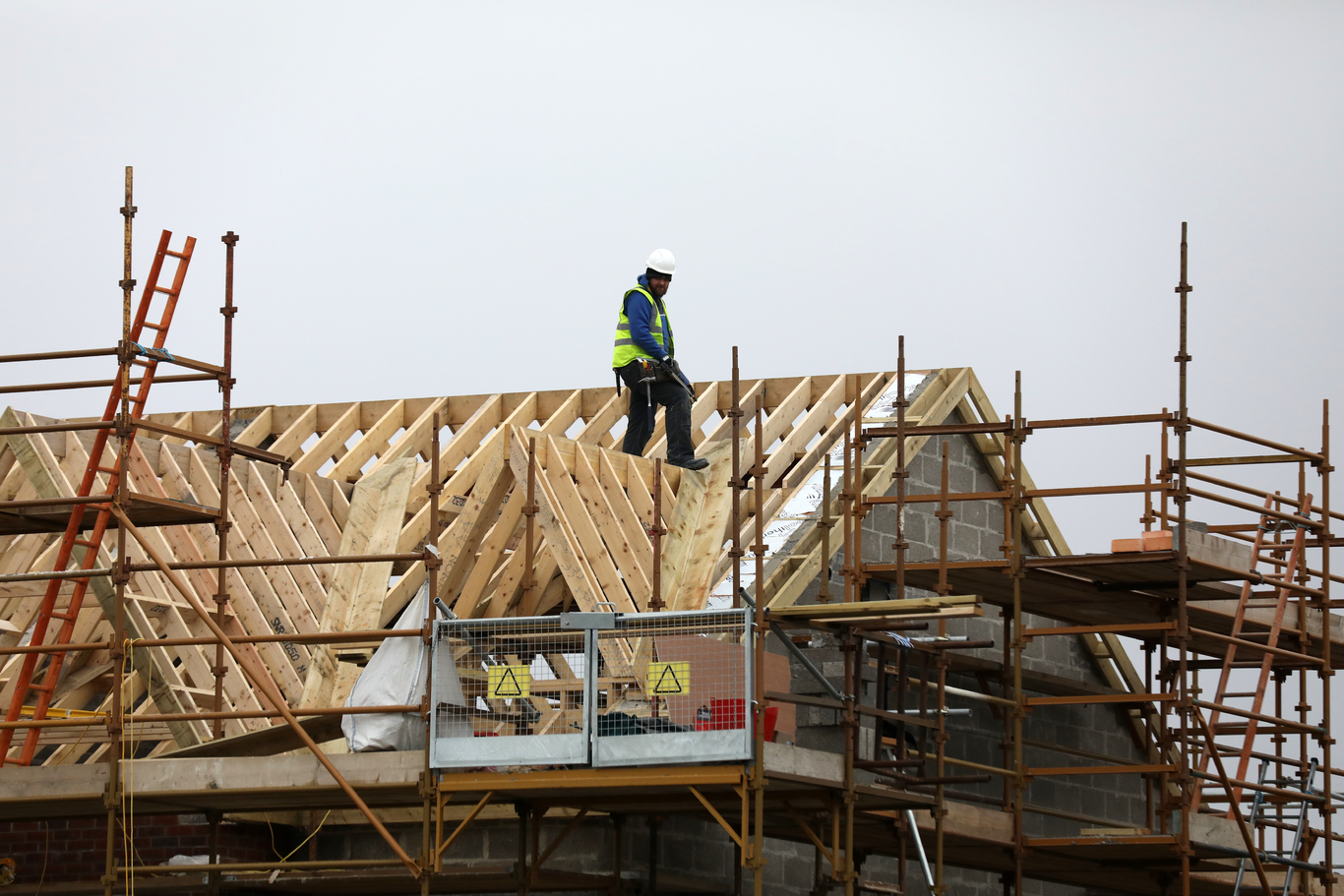Here's what small firms think should be done to fix the housing crisis
The SFA has put forward Budget proposals to make residential developments more ‘commercially viable’.
THE IBEC GROUP that represents small businesses has called on the government to introduce fresh measures to address the housing crisis – which has been placing an added burden on employers.
In its pre-Budget submission, the Small Firms Association (SFA) said the shortage of available housing to meet demands “now represents a significant cost to business”.
“High rental costs are fuelling wage demands and jobseekers abroad do not want to move to Ireland due to concerns around securing affordable accommodation,” the SFA said in its submission.
While housing shortages have been a pressing political issue for some time, the organisation said the issue of how to make the development of residential property more commercially viable “has not been addressed”.
In order to entice builders to develop sites for housing, the SFA has proposed the introduction of a site value tax that would replace the existing commercial rates and vacant sites levy.
SFA director Sven Spollen-Behrens said there would be “no net cost” to the introduction of a site value tax, which is determined by the value of the land a development sits on rather than the value of the property itself.
The group has also called for a permanent reduction on VAT for large build-to-rent developments “to provide a level playing field with commercial developers”. The SFA has estimated that such a measure would cost the taxpayer €10 million to implement.
 Housing Minister Eoghan Murphy
Housing Minister Eoghan Murphy
It has proposed the rollout of a temporary 9% VAT rate for residential construction “to bring the return on investment back to a competitive rate”. This is estimated to cost the Exchequer €220 million.
The SFA also asked the government to consider a system of capital allowances for residential development and review building height rules in order to “avoid urban sprawl and achieve a higher population density”.
Self-employed
As well as submitting proposals to address the housing crisis, the SFA has put forward other suggestions on behalf of small business owners.
It has called for the earned income tax credit for the self-employed to be increased from €1,150 to €1,650 to bring it in line with PAYE workers’ credit, as promised in the programme for government.
“If a PAYE worker is considering starting a business, they face seeing their income tax credit drop by 30%,” the submission stated.
“This is a clear disincentive to self-employment and business creation. With tax compliance at very high levels in Ireland, any historic justification for the inequality of tax credits between the self-employed and employees is defunct.”
The SFA has also called for the reduction of the Capital Gains Tax (CGT) from 33% to 20%.
“CGT represents only 1% of the government’s tax revenue, so there is very little to lose by reducing the rate, but the benefits could be significant,” it said.
Other requests include:
- No further increases to the national minimum wage
- No mandatory pension contributions by employers
- Retention of the hospitality sector’s 9% VAT rate “to support Ireland’s rural economy”






